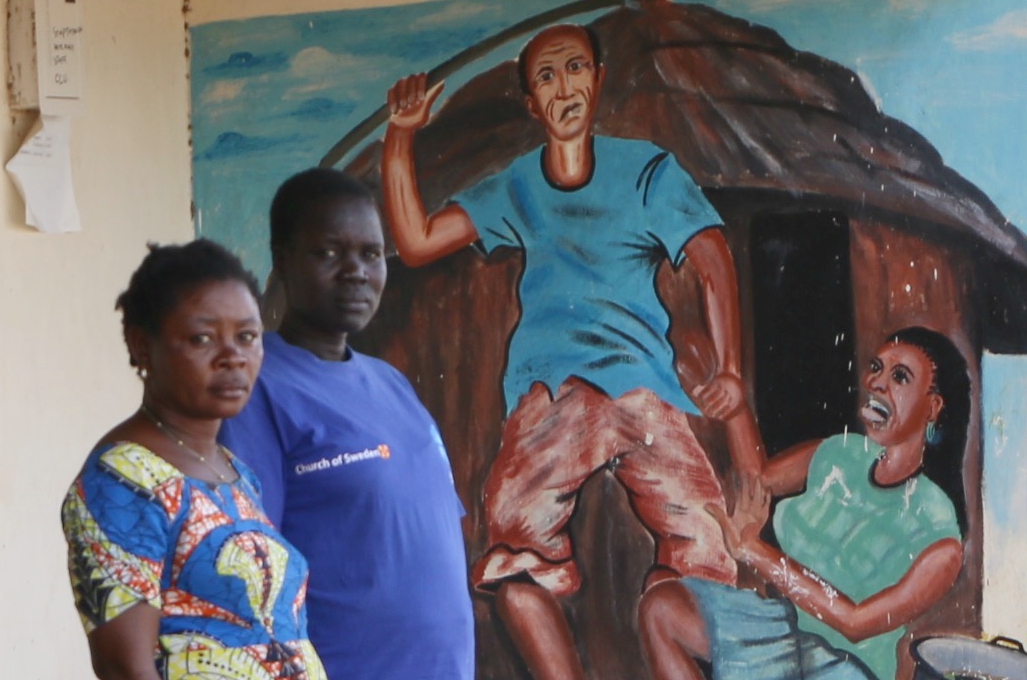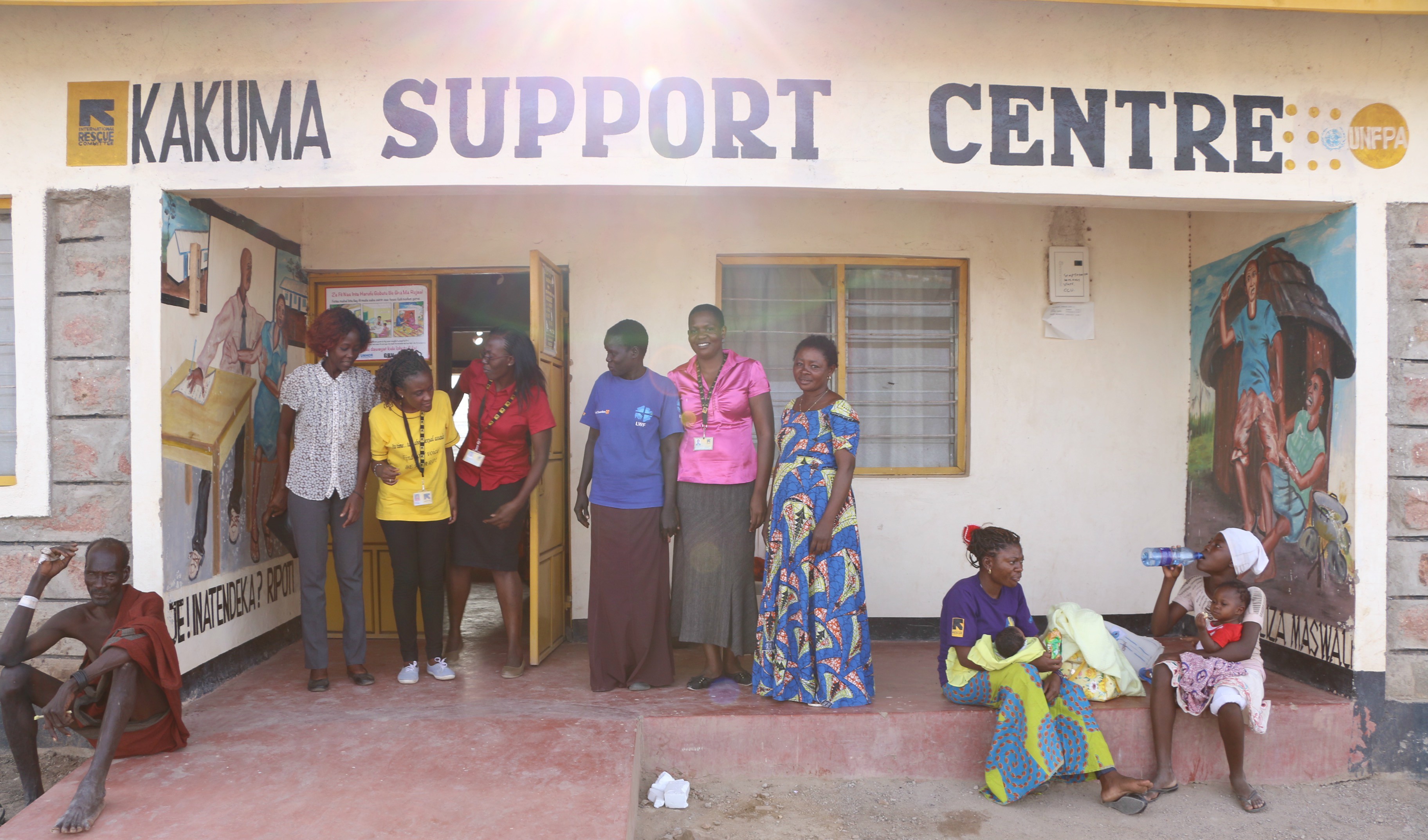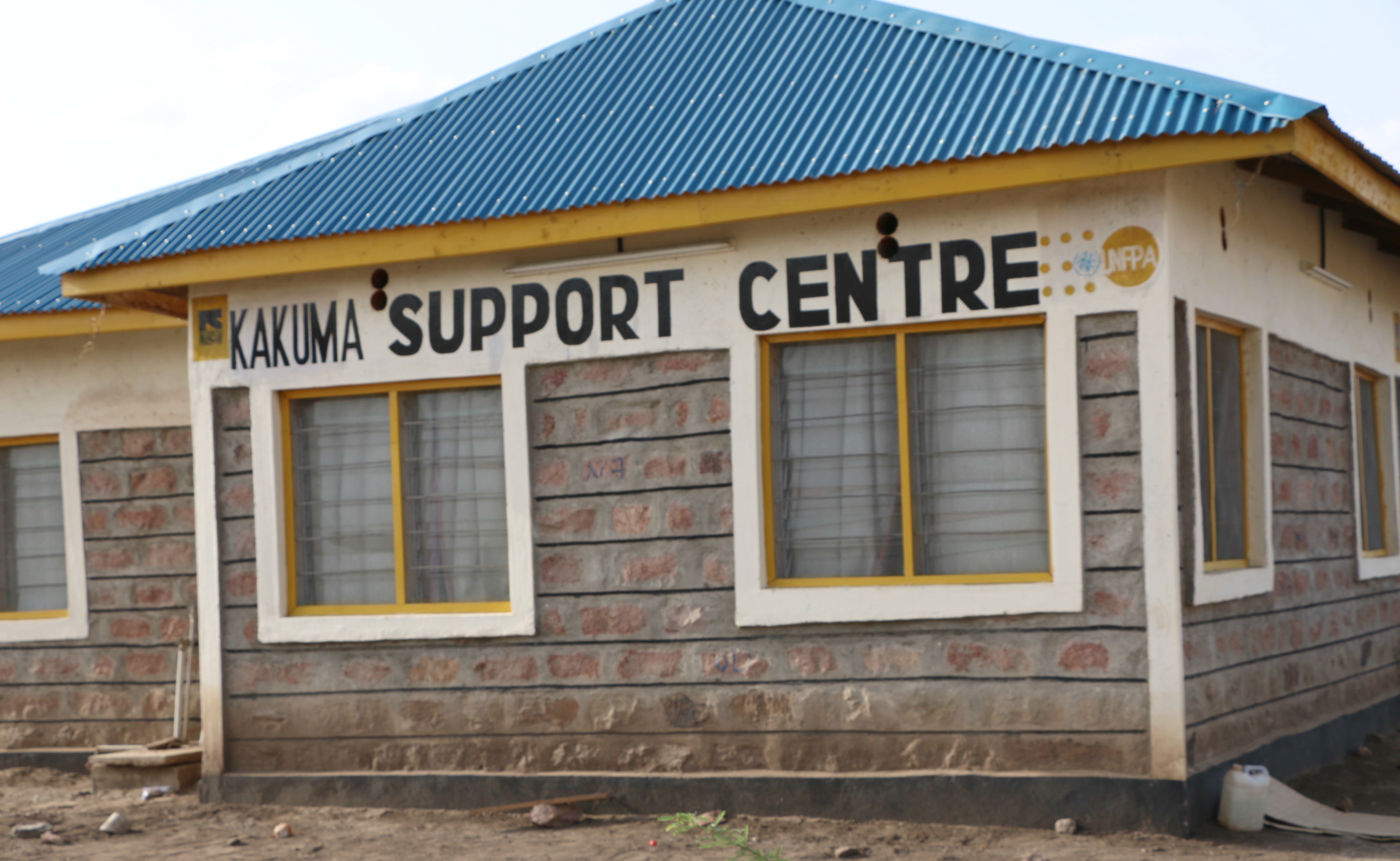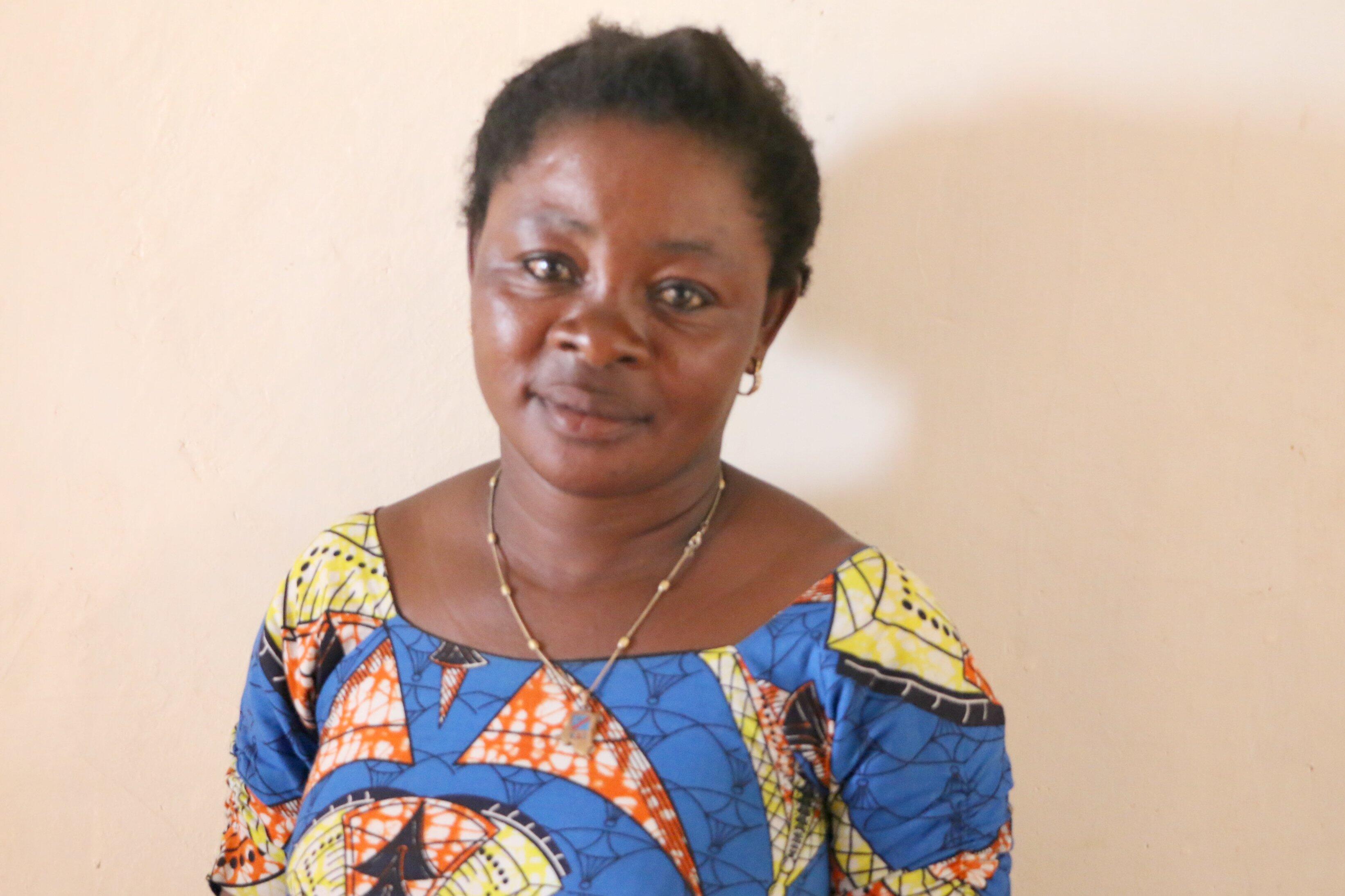Picture this: The year is 2001. You fall in love with the man of your dreams. Before you know it, you are married. Two years into the marriage, you have lost count of the physical and psychological abuse you are subjected to.
The violence becomes serious to the point your mother tries to intervene by threatening to report your husband to the police. He doesn’t like it and threatens to ‘take care’ of her. A week later your mother is found dead in her house. Robbery with violence, the police conclude. But you know better.
A month later, scared for your life you take off to Nyarugusu Refugee Camp in Tanzania with your seven children. It’s your only hope. The only place you know you will find refuge. As you struggle to get used to your new status at the refugee camp, the unthinkable happens. Civil war breaks out in your home country, the Democratic Republic of Congo (DRC). Your estranged husband is among thousands of displaced people fleeing the war and joins the refugee camp in Tanzania, and that’s how he knows about your whereabouts.
It takes him a week to find you. Used to having his way, he convinces you to reunite with him. You are overwhelmed and desperate for a helping hand, especially in taking care of the children. So, you agree, hoping that due to the prevailing circumstances at the camp, he would stop his abusive nature. How wrong you are.

It doesn’t take him long before the psychological abuse and the beating begins. To make matters worse, the refugee camp is overcrowded. For most, priority is simply daily survival. Water and food are on top of the list. No one in the camp, you quickly learn has time to arbitrate what is casually referred to as “normal conflict” between husband and wife.
Well, before you know it, you discover you are expecting your eighth child. Excited you naively hope he would change. To your shock, the abuse becomes a daily affair. The children live in constant fear. They are evidently traumatized and have lost any iota of self-esteem they had. The emotional and psychological abuse of the violence and the living standards at the camp is slowly taking a toll on them. They look malnourished, disheveled and miserable. The thought of dying seems like the best way out. You are helpless and increasingly on the verge of suicide.
The memory of your mother’s death lingers annoyingly at the back of your mind. Despite it being short-lived, you remember how happy you and the children were before he came to the camp.
You long to have that peace and joy back. You are desperate. Something has to give.
You befriend humanitarian workers at the camp and open up to them about your situation. They have handled cases of gender-based violence at the camp countless times, so they promise to help.
Kakuma Support Centre
A year later, you are transferred to Kakuma Refugee Camp in Kenya. Settling down doesn’t take long. Your children are admitted to the only school at the camp, and you are introduced to the Kakuma Support Centre. This is a Centre constructed through the support of United Nations Central Emergency Response Fund (CERF)[1], channeled through UNFPA, the United Nations Population Fund, to help women and girls who have been sexual, physical and psychological abused.

Finally, you have a chance to live your life. You have been counseled at the Support Centre, and helped to put behind the trauma of abuse. You have also been trained in embroidery and bakery, and are using the life skills acquired to earn an average of Kshs 3,000 a month. Life is good. The business is blossoming. The children are doing well in school. Your firstborn daughter got married at the camp, and early this year you became a grandmother.
You also realize your dream of being a volunteer at the Centre - helping other survivors of violence and raising awareness of gender-based violence within the refugee camp. Life gets even better – you fall in love, and for the first time in your life, you are enjoying the feeling of being loved and treated like a princess. Never knew life could be this sweet, you occasionally whisper to yourself.
Then the unthinkable happens.
One dusty morning, your husband shows up at your doorstep drunk and angry. In his characteristic manner, he begins hurling insults at you, while threatening to teach you a big lesson. Not so fast boo, you feel like laughing out loud. This time you know better. You are prepared. Call it being empowered and liberated.
You aren’t ready to crawl into the cocoon self-pity and allow yourself to become a punching bag like you used to do before. It’s a new dawn and a new you.
So, you look him straight in the eye, to his astonishment, and tell him off. Embarrassed and frustrated, and realizing the tables have turned, he leaves. A week later, he is transferred back to Nyarugusu Refugee Camp in Tanzania.
Ending violence against women
Unfortunately, this is not a script from a fictional movie. This is the story of Dalia Asinde, aged 38. Her story offers a glimpse of the reality of many women and girls who are subjected to violence, and why ending violence against women should be everyone’s priority.
The Kenya Demographic Health Survey 2014 indicates that four out of every ten women in Kenya have experienced physical or sexual violence, mostly perpetrated by an intimate partner. The prevention and response to violence against women in development and humanitarian settings is a strategic priority for UNFPA.
Against this backdrop, UNFPA - the lead UN agency working on sexual and reproductive health and reproductive rights - supports survivors of gender-based violence in humanitarian crises, where violence is on the increase because of failed social structures in times of emergencies and usual protection systems broken down as well as traditional cultural practices that put women at higher risk of violence.

For instance, in Kakuma Refugee Camp, UNFPA is working with the International Rescue Committee and other UN agencies to address the diverse physical, emotional and social needs of survivors as well provide support for survivors of violence to access essential services that support their safety and health. In this regard, UNFPA is also ensuring the quality of these services, with a particular focus on sexual and reproductive health, justice (including policing and legal aid), social services (such as psycho-social counseling, helplines, and safe houses), and coordination and governance.
Right to live free of abuse
The provision of health services is a high priority for survivors of gender-based violence. UNFPA is reaching affected women and girls by playing a key role in addressing the prevention and treatment of gender-based violence through its programmes on sexual and reproductive health.
UNFPA-supported health programmes provide information about women and girls’ rights, including their right to live free of abuse. These programmes also provide essential medical supplies, such as rape kits, to assist survivors, and support psychosocial and legal counseling.
The status of women’s health, their participation in the economy and their education levels must be a priority in the development agenda. Where gender gaps in these areas prevail, women will always be subjected to violence.
The entire gamut of development actors must now come together to ensure that every home is safe and free of every form of violence - for until all women and girls are safe, no one is.
[1] The United Nations Central Emergency Response Fund (CERF) is one of the fastest and most effective ways to support rapid humanitarian response for people affected by natural disasters and armed conflict. CERF receives voluntary contributions year-round to provide immediate funding for life-saving humanitarian action anywhere in the world.
Written by Douglas Waudo, UNFPA Kenya


